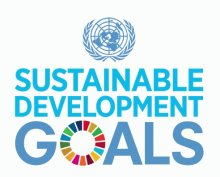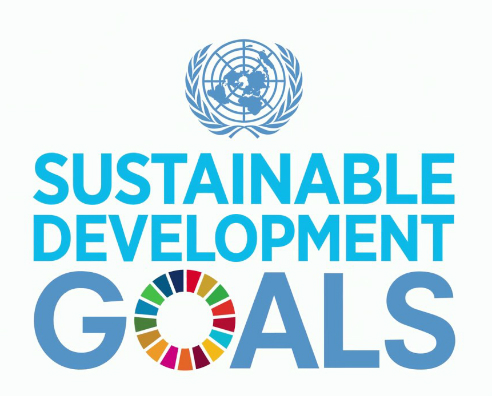
Dr Swope (Physics Teacher, STEM Coordinator)
We’re pleased to announce that we have two Lower Sixth teams entering The Davidson Inventors Challenge (DIC) this year, Team Arbor and the Pog Team.
Organised by the University of Cambridge in collaboration with Association of Science Technology and Innovation (ASTI) in Malaysia, young inventors are challenged to think of a problem and evaluate innovative solutions to current-day global challenges.
For the challenge, students must choose one of the sustainable development goals that were set out by the United Nations in the 2030 Agenda. The teams have met regularly for the past two weeks and have had robust discussions to narrow in on both a goal of choice and a project within that goal.
The teams must provide a statement of the sustainable development goal that they are working on, the problem that they are tackling, and an outline of how the team will address this problem in their project.
Team Arbor, Anika Dutta (Team Captain), Emily Coton, Grace Gaffey, Molly Jewers and Masooma Sultana reflected: “We are working on UN sustainable development goal number 11, ‘Make cities and human settlements inclusive, safe, resilient and sustainable’. Our project is centred around designing and creating eco-friendly building materials by incorporating plastics, clean energy and carbon neutrality. The word Arbor is Latin for ‘tree’ and the reason we have chosen this name is because we are ambitiously working on a cost-effective brick that takes in carbon dioxide much like plants.”
The Pog Team, Rachel Gibb (Team Captain), Charlotte Barker, Anna Cestaro, Ashlene Robinson, and Amy Wallington has chosen UN sustainable development goal number 12 ‘Ensure sustainable consumption and production patterns’.
The Pog Team reflected: “During our preliminary research, we found out that 7.7 billion plastic bottles are used annually in the UK alone. Even if plastic is correctly disposed of, it will end up in either a landfill or a recycling plant, neither of which are beneficial to the environment. Landfill creates toxic leachate, and methane gas, whereas recycling uses lots of energy and produces lower quality plastic as a result.
“We think that this level of plastic waste is unacceptable, and we believe that there is a much better alternative. Reusable glass bottles! Glass is an organic compound and has a low recycling cost and ecological impact, and recycling aluminium saves over 95% of the energy used when producing virgin aluminium, so together, glass and aluminum are easily reusable. If all shops sold their products in these reusable bottles, then consumers could bring them back after use for a discount, and this would dramatically reduce both plastic waste and energy consumption of the country. Overall, a much better plan than plastic!”





















